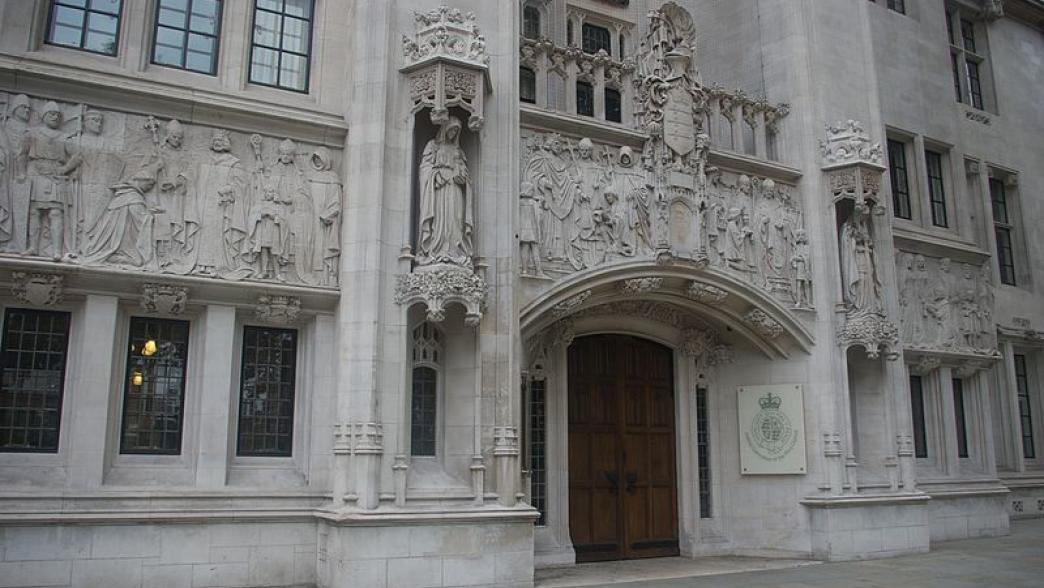Report
Judicial review and policy making: The role of legal advice in government
Ministers and officials should accept that judicial review improves policy.

Ministers and officials should accept that judicial review improves policy.

The Institute for Government was delighted to welcome Sir Jonathan Jones KCB QC, Treasury Solicitor.
Why the centre of government has failed successive prime ministers – and seven recommendations for radical reform.
Our annual, data-based assessment of the UK civil service, how it has changed and performed over the past year, and its priorities for the future.
The prime minister's comments on the scrutiny role played by peers are a cause for concern.